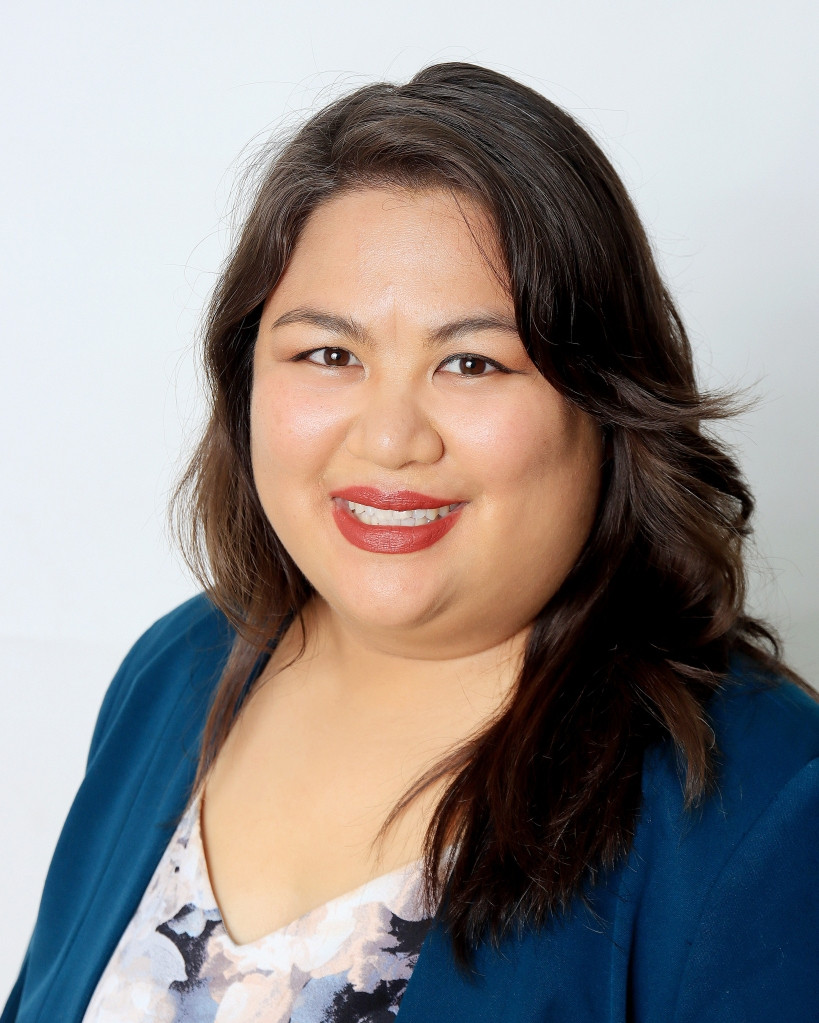What does it mean to be successful? For many, it’s a degree, a title, or a paycheck. For Dr. Pat Lindsay “Pinky” Catalla-Buscaino — a Filipino American storyteller, educator, and community advocate — success is measured differently: by impact, legacy, and the stories we leave behind.
“I think success is about how much you help and uplift the community,” she says. “It’s not about looking good or hitting a milestone—it’s about using your skills and resources to leave spaces better than you found them.”
From preserving family histories to mentoring others and creating platforms for Filipino American voices, Dr. Pinky has redefined what it means to succeed — not through accolades, but through alignment with values, purpose, and heart.
Roots and Reconnection: A Filipino American Story
Dr. Pinky’s family immigrated to the United States in search of better opportunities, carrying with them the hopes and traditions of their Filipino heritage. Growing up in an immigrant household shaped her worldview early on — one that straddled two cultures yet found strength in both.
“I didn’t grow up in the Philippines, but my family made sure we stayed connected to who we are,” she recalls. “They taught me that being Filipino is about honoring your roots, your elders, and your sense of community — no matter where you are.”
That sense of belonging and purpose would later inspire her work as a cultural advocate. “Immigrating meant learning to adapt,” she explains. “But it also meant realizing that identity isn’t about where you’re born — it’s about how you live out your values.”
As she matured, Pinky began to see the power of storytelling as a way to preserve those values. What started as journaling at age 12 became a lifelong habit of reflection and documentation.
“Writing was my form of therapy,” she says. “Then I realized it was also a way to capture history — especially the voices of those who came before us.”
Building Platforms, Amplifying Voices
That passion eventually led to the founding of Kuwento Co., her Filipino American publishing company dedicated to amplifying underrepresented voices. What began as a family project to record elders’ stories evolved into a movement — a home for Filipino and other multicultural writers to share their truths.
“Storytelling is healing,” Pinky explains. “When we tell our stories, we reclaim our histories. We see ourselves in others’ experiences, and that’s where empowerment begins.”
Her projects include “The Kuwento Book: An Anthology of Filipino Stories and Poems” and “With Love: What We Wish We Knew About Being Queer and Filipino in America”, both of which have inspired readers and sparked meaningful conversations about identity, queerness, and belonging.
“Filipino identity isn’t monolithic,” she says. “We have so many experiences and emotions that deserve to be seen and celebrated.”
Beyond Kuwento Co., Pinky plays a vital role in the Filipino American National Historical Society (FANHS) Houston Chapter, helping lead efforts to preserve and promote Filipino American history. Under her leadership, FANHS Houston successfully hosted the first-ever FANHS National Conference in the South — a milestone that brought together hundreds of scholars, community leaders, and creatives.
Through her work with FANHS and partnerships with institutions like Rice University’s Woodson Research Center, she continues to bridge generations by collecting and archiving Filipino American stories, artifacts, and oral histories for future study.
Her efforts highlight a greater truth: Filipino Americans are not just participants in American history — they are authors of it.
“When we share our narratives, we reclaim our place in the broader story,” she reflects. “Each story told is a reminder that we’ve always been here, contributing, creating, and shaping the communities we belong to.”
Success Redefined
Success, for Pinky, is not about wealth or recognition. It’s about impact — how much one contributes to the collective good. “I think of success as legacy,” she says. “It’s about what you leave behind that helps others move forward.”
She’s quick to acknowledge that her idea of success differs from her parents’ generation, who valued stability and academic achievement. “My parents’ version of success was about security. Mine is about purpose — using what I’ve learned to make a difference.”
On her desk sits a small reminder of her philosophy: ‘I focus on progress, not perfection, and celebrate every step forward.’ For her, success is not a finish line but a continual process of learning, evolving, and uplifting others.
Her path hasn’t been linear. Though she once dreamed of becoming a medical doctor, she pursued higher education and earned a doctorate instead — a different kind of healing, she likes to say, one through words and community.
“Education gave me access,” she reflects. “Access to spaces where I could open doors for others.”
A Message for the Next Generation
When asked what message she hopes to impart to young Filipino Americans, Dr. Pinky doesn’t hesitate: “Be authentic and stay curious. Don’t let fear or expectation define your path.”
She encourages others to document their lives, too. “Write your story while you can. Talk to your elders. Learn where you come from,” she says. “That’s how we preserve our identity — by making sure our voices aren’t erased.”
Through her leadership, scholarship, and storytelling, Dr. Pinky Catalla-Buscaino continues to embody what it means to succeed as a Filipino American: with heart, integrity, and an unwavering commitment to community. Her story reminds us that success is not about perfection — it’s about progress, connection, and the legacy we leave behind.

